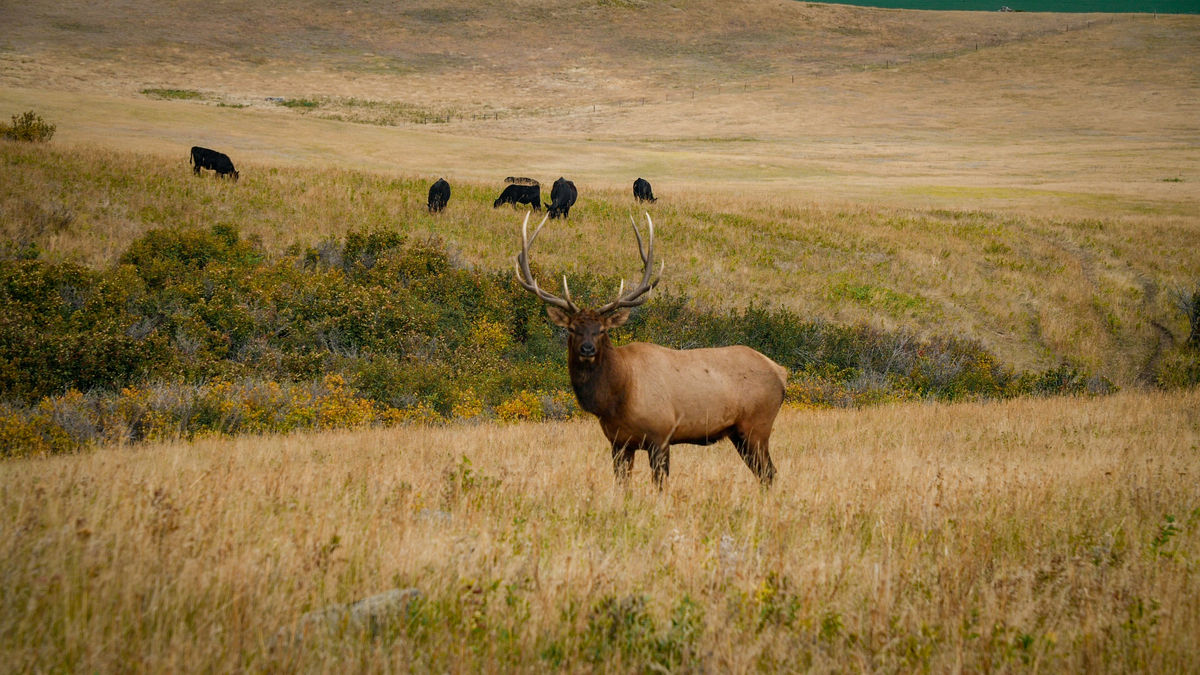Elk management is a big challenge and a sticky subject in many places. Unfortunately, it often places landowners on one side of the fence with hunters on the other.
A new film supported by the Rocky Mountain Elk Foundation, titled Good Neighbor: Elk Management in Montana, takes a thoughtful look at the issue from both angles. Elk population estimates by Montana Fish, Wildlife & Parks (FWP) show a 19-percent increase from 2010 to 2023. Hunting pressure on some public land pushes elk onto nearby private land, only worsening the problem.
“Elk love the cover crops. They love the hay fields. They’re smart. They’re going to go to the highest quality food with the lowest amount of pressure,” said Matt Wickens, Montana rancher and outfitter. “We have landowners who are covered up in elk and want to kill them all. On the flip side, you have sportsmen and they can’t have enough elk.”
One of the ways FWP tries to bridge the divide is with its block management program – a cooperative effort where landowners allow hunters to freely access their land in exchange for benefits.
“Ninety-five percent of people are just thankful for a place to go and love it and really appreciate it,” said Luke Heggem, Montana rancher and block management participant. “We have a lot of out-of-staters and it’s not hard to find where the block management is at, so you combine that with the in-state pressure with local pressure and everything else and it ends up being a lot.”
However, allowing public access to private land often causes problems.
“Bad apples are the ones that make the news. Bad apples come across on social media,” said Montana hunter Justin Schaaf. “There are bad apples in the hunting community and in the landowner community whether that be gates not being closed, littering and garbage, that type of stuff. And to be honest, knocking on a door at 4:30 in the morning and trespassing. The broad scope of the hunting community is interested in helping landowners try to adjust some of these issues.”
Click here to watch the film.
(Photo credit: Rocky Mountain Elk Foundation)
